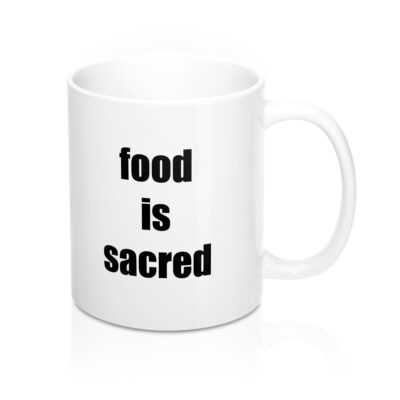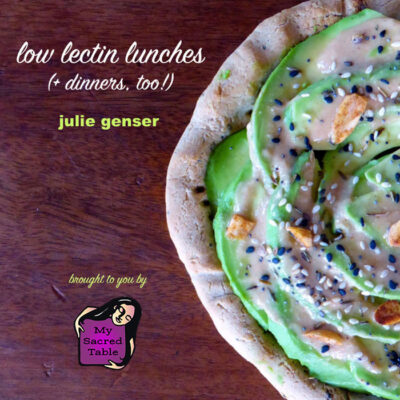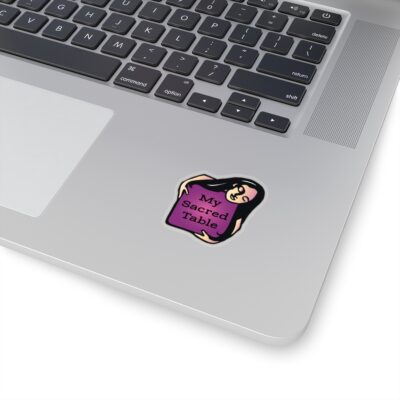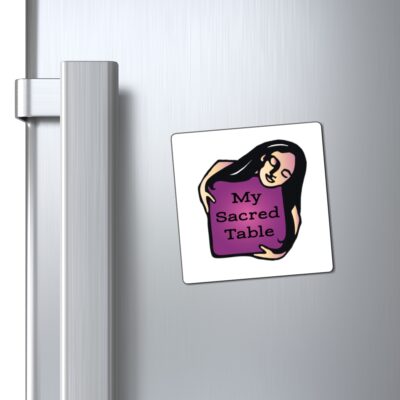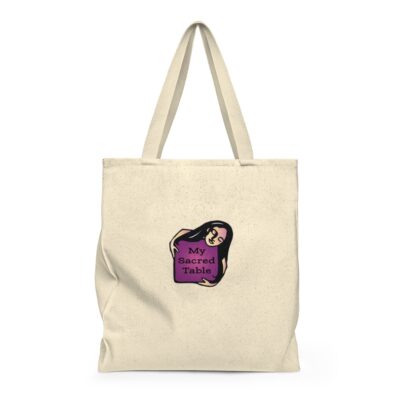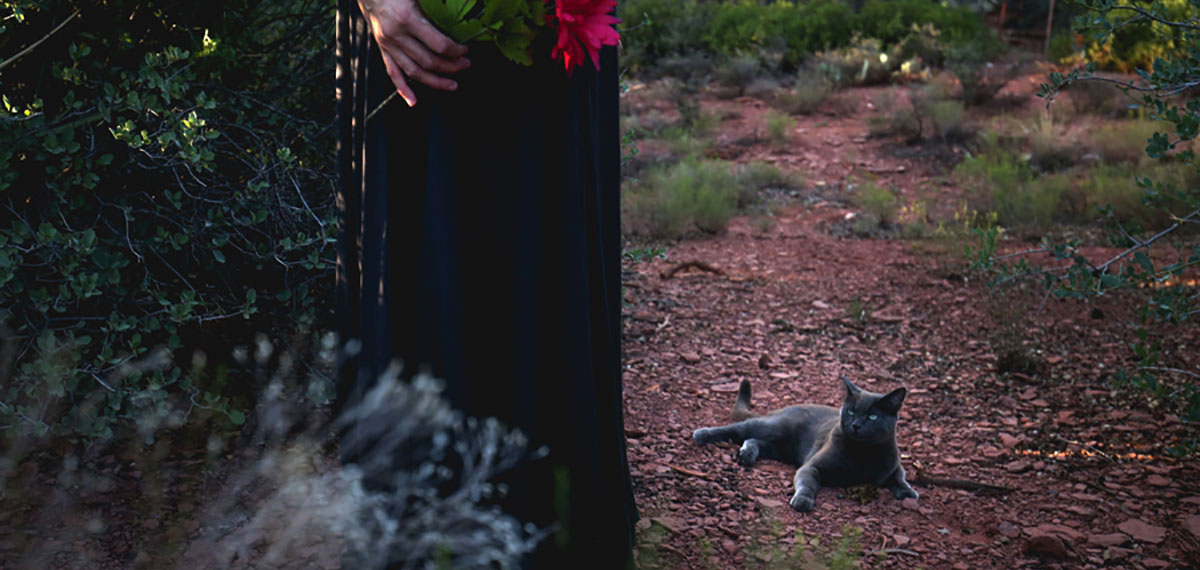
Reverence for Animals
I am an omnivore and I want to use my voice to advocate for a healthier food system in our country. As a meat eater, I love to encourage other meat eaters to increase the quality of their animal protein while decreasing the quantity of the meat they eat.
In Dr. Steven Gundry’s book, “The Plant Paradox,” he encourages us to limit our animal protein intake to 2-3 ounces a few times a week, for health reasons. He shares how cattle, pigs and sheep all carry a sugar protein called Neu5Gc, which the human immune system recognizes as foreign when consumed. Dr. Gundry says that when your immune system is exposed to the foreign sugar molecule Neu5Gc from red meat, you develop an antibody to the lining of your own blood vessels.
I do understand that many of us cannot maintain health without animal protein. Because of the toxicity in the world, many of us have damaged intestinal linings that are unable to properly digest plant cellulose and obtain full nutrient value from the plant world.
All I ask is that we humans consider the health benefits of reducing animal protein in our diets and that we make heart-centered decisions about the life forms we ingest, that take quality of life into account for those beings sacrificing their life force to nourish ours.
THE IMPORTANCE OF FOOD SOURCING
For years when I first became very sick, my animal protein needs were quite high, and very specific. If I didn’t eat six ounces of animal meat 3x day, I would go into severe hypoglycemia. It became ultra important to me to focus on my food sourcing and I started buying my meats from small farms that fed their animals a species appropriate diet (no GMO corn, soy or grains), treated their animals humanely, and did not use antibiotics.
As the years went by, I found I could reduce the amount of meat I ate at each meal (four ounces would suffice), and I could reduce the number of meals I ate animal protein — usually having at least one vegan salad per day. Nowadays, I can get by with just one animal protein meal a day.
Because of the widespread use of iPhones and social media, I’ve become much more aware of animal cruelty in our agricultural and livestock system. It’s no longer just the conditions that go into producing veal or foie-gras (even as a young adult I knew it was wrong to eat these products) that are unacceptable. It’s pretty much everything — dairy, pork, slaughterhouse meats. The veil is being lifted everywhere!
The scary truth is that most of our food sources — especially our animal proteins and seafood — are quickly becoming so toxic that being an omnivore will surely lead to disease. It’s in all of our best interests to eat a vegetable-forward diet with only minimal animal + seafood products, as our unique metabolism + circumstances require.
I ask you to consider:
- how the animals whose lives are sacrificed for our health are treated during their life cycle;
- buying animal products from small, humane farms;
- avoiding products that come at a huge ethical and quality-of-life cost;
- keeping meat + seafood consumption to a minimum based on your unique protein requirements.
These are simple acts we can all take to decrease the amount of suffering taking place on our planet right now. I encourage all humans on Earth to take awake + aware responsibility for food shopping choices rather than let antiquated systems and old programming make poor, unethical decisions for you.
Below is a list of food items and the reality of the conditions that produce them and the impact on our world. Please familiarize yourself with the issues, sit in your heartspace, and feel into whether you want to be supporting these systems. Explore what it means to be ingesting + incorporating these forms of violence into your cells, and how challenging it might or might not be to find alternatives.
BE A PART OF THIS IMPORTANT SEA CHANGE IN OUR WORLD!
DAIRY Milk, Cheese, Sour Cream, Yogurt, Kefir
Mechanical rape of female cows/goats/sheep, traumatic separation of children from mothers, forced back-to-back pregnancies for continuous breastfeeding, milk meant for their offspring to go to humans. Alternative: Buy dairy products from local small farms that do not separate offspring from mothers and instead, share the milk production on a smaller scale. Explore plant-based products such as blanched almond/hemp seed/Brazil nut/coconut milks, almond or pine nut/macadamia cheeses, nutritional yeast for a cheesy flavoring, coconut yogurt, and other offerings available in many health food stores or easy to make at home. It really is easier than ever to make more humane food choices these days.
FOIE GRAS – Considered a delicacy, foie gras is produced by gavage — force-feeding a goose or duck corn in order to fatten up its liver. The process is so inhumane that it has been banned in 16 countries. The force-feeding causes the goose/duck livers to become diseased and swell up to 10x their normal size. Aside from being inhumane, foie gras is extremely fatty and full of lectins (and most likely, GMOs). Please do not support this inhumane practice and skip the foie gras the next time you dine out!
PALM OIL
The worldwide demand for palm oil has resulted in massive deforestation, primarily in South-East Asia but also in Africa and South America. In Indonesia and Malaysia alone (producers of over 85 percent of the world’s palm oil), millions of acres of forests have been destroyed. With the destruction of the forests comes the elimination of precious habitat for many species, driving orangutans, tigers and rhinoceros to the edge of extinction, not to mention all the other plants and animals that co-exist with them in these tropical ecosystems.
Alternative: Use butter, coconut oil, olive oil, avocado oil, and animal fats.
PORK Ham, Prosciutto, Bacon, Sausage
Pigs are said to be highly intelligent, and yet they are one of the most horribly treated animals in our food production system. Kept immobile in tight pens for a lifetime to build up their fat and keep muscle at a minimum, beaten, kicked and violently shoved, they live unimaginable lives.
Alternative: These days there are many sausage and bacon alternatives (turkey, beef, lamb, etc.) or you can just decide that an animal’s quality of life is more important than having bacon for breakfast. There are also vegetarian options — like tempeh bacon — that approximate the taste and texture of bacon, without the guilt. There are also farms that raise their pigs crate-free with a species appropriate diet — please seek them out if you choose to eat bacon.
SLAUGHTERHOUSE MEATS – This page is currently under construction, more information coming shortly!
VEAL – This page is currently under construction, more information coming shortly
photo: © 2018 Zoe Eccles
turning dietary limitation into nourishing celebration
Sacred Store
Find all of my cookbooks, fun foodie t-tshirts + more!

